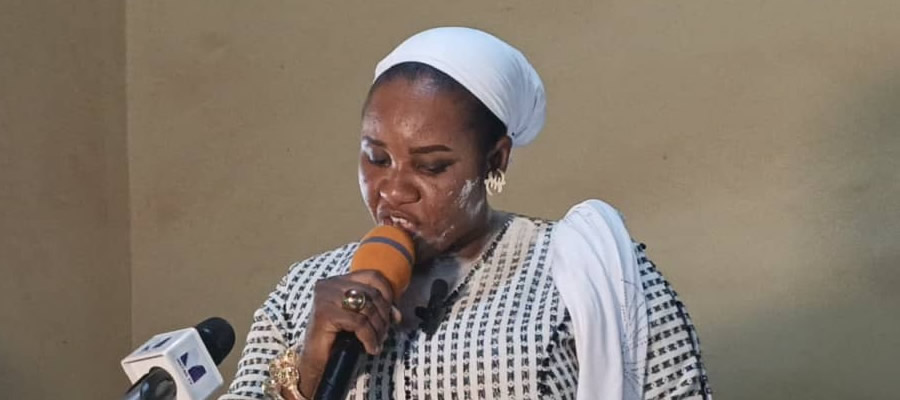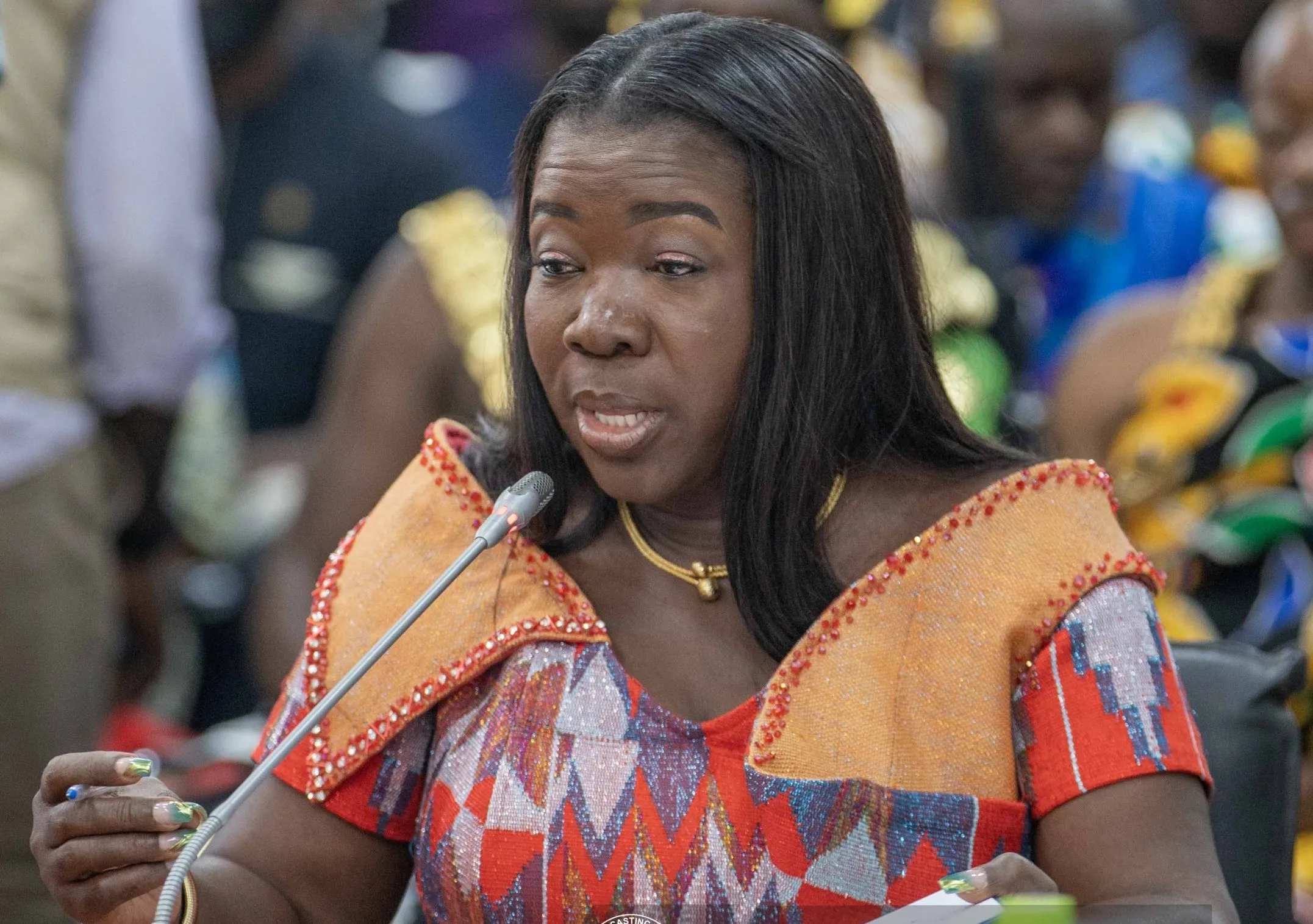From: Eunice Menka, GNA Special Correspondent, Mombasa, Kenya
Mombasa, Kenya, April 24, GNA – A call has gone to African countries to improve upon the diagnostic systems in health facilities to effectively manage malaria cases and cut down on drug resistance. Dr Bernhards Ogutu of the Kenya Medical Research Institute said the big debate now was how to avoid the blind treatment of malaria cases through presumptive diagnoses in the face of challenges associated with drug resistance.
He said this was critical because of the promotion of the use of artemisinin based combination therapies (ACTs), now a first line choice for malaria treatment.
Dr Ogutu was speaking at the opening of the Second African Media and Malaria Research Network (AMMREN) workshop on malaria in Mombasa, Kenya.
AMMREN is made up of a network of journalists and scientists working together to reduce malaria on the continent. Over 25 journalists and scientists from Ghana, Malawi, Kenya, Nigeria, Tanzania, Senegal, the Gambia, Gabon and Mozambique are attending the workshop, under the theme: “Moving the Malaria Agenda Forward.”
The meeting is being held under the Malaria Clinical Trials Alliance (MCTA), an African-led institution, set up through a 17 million-dollar Bill Gates Foundation Grant.
The INDEPTH Network, a health research network, is supervising the MCTA and supervising various malaria vaccine trials in nine Africa countries including Ghana.
Dr Ogutu said it was of utmost importance to actually give ACTs to patients who had actually been diagnosed with malaria and not to those who present fevers, not related to the condition. He said there was the need for effective case management of malaria cases, the rational use of drugs and appropriate diagnosis as part of control strategies to ensure that the use of ACTs did not go the way of other malaria drugs.
Currently, most African countries are replacing chloroquine with ACTs. Kenya has gone in for artemether/lumefantrine, known as coartem, and Ghana has chosen artesunate amodiaqunie.
Prof. Isaac Nyamongo, a medical anthropologist at the Nairobi University, said malaria was on the increase because of drug resistance, ecological changes and less resource allocation to the various National Malaria Programmes, among other factors.
He said malaria was responsible for the death of a child every 30 seconds world-wide and 96 children in Kenya lose their lives daily.
23 April 07
Source: GhanaWeb










